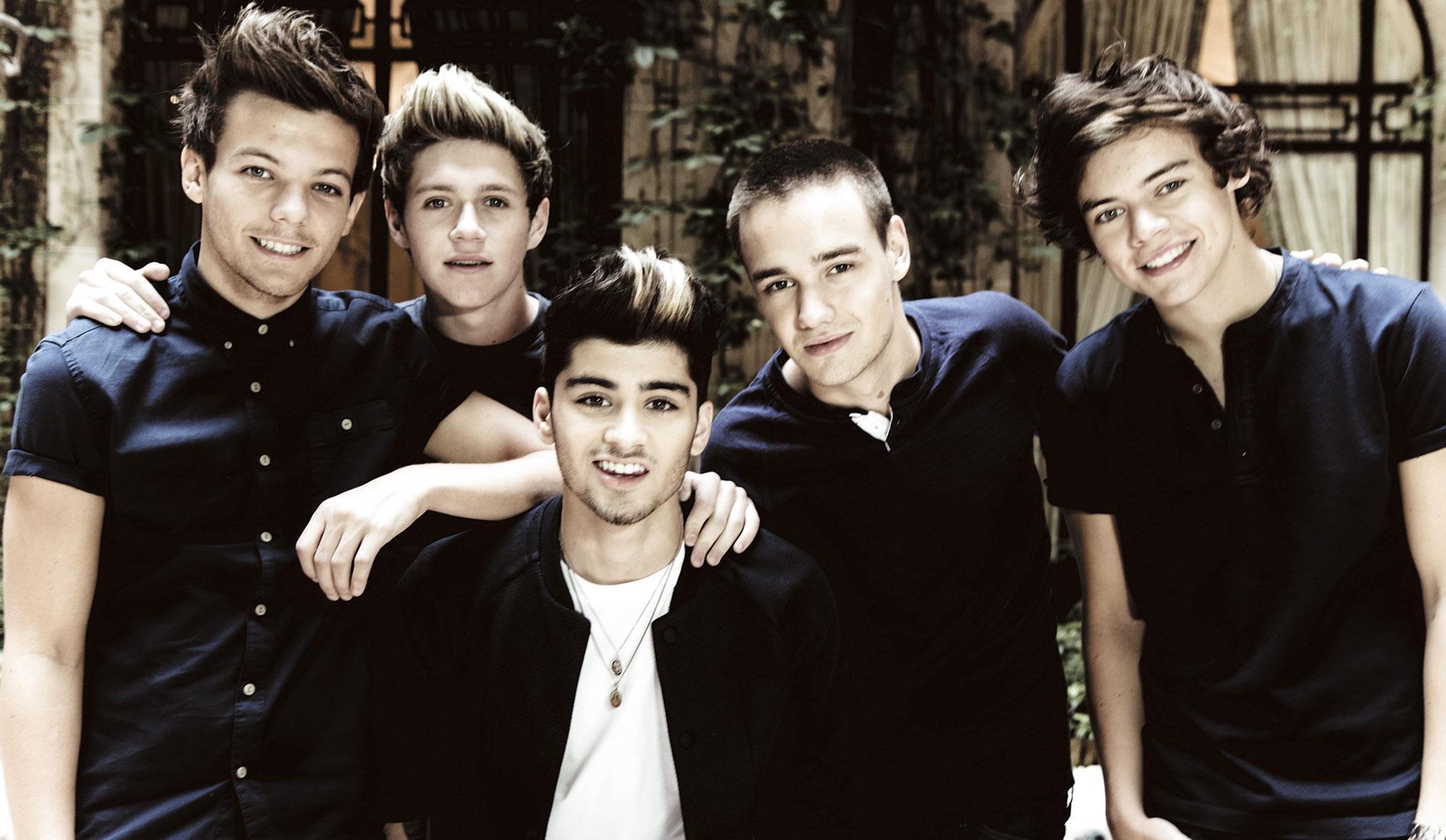New Directions, Same Misogyny
Despite the ever-changing tide of celebrity news, the biggest wave recently has been Zayn Malik’s departure from One Direction. Even if you don’t ardently listen to their music, you’ve probably heard about it—either from friends, family, or the trending topics feature that Facebook has recently adopted. Even Bill Maher recently did a segment on his show about Malik (a terribly Islamophobic segment, but that’s a story for another time.)
This news is everywhere, and unless you entirely surround yourself with people who aren’t raging misogynists, you’ve probably also heard the backlash—not towards Malik leaving One Direction, but towards the fans’ reactions to the news.
One Direction fans are sick in the head truly wouldn’t b surprised if some get hospitalised over this Zayn crap. Teenage girls are too much
— Charley Louise (@charley89louise) March 25, 2015
To all the girls crying over zayn. I wanna slap you all upside the head. # getoverit — hli (@hlee_vue) March 31, 2015
Girls cutting themselves over Zayn leaving 1D LMAO natural selection in full effect
—  YUNG SENPAI
YUNG SENPAI  (@__hoaisenberg) March 27, 2015
(@__hoaisenberg) March 27, 2015
Pretty sure there’s bigger things happening in the world than zayn leaving one direction girls need to chill — hannah (@__hannaheven) April 2, 2015
These were plucked from the abyss of tweets on the issue, but there are thousands more that share the same message: teenage girls are too much and too shallow. Why don’t they care about real things, things that matter?
The truth is you could pose the same question to any sports fan whose team has lost a game or traded a player. In reality, the two groups—boy bands and sports teams—are very similar. They amass large fan followings, some of whom are more extreme than others. They bring people together. They incite extreme reactions. They make a lot of noise.
On paper, the difference between sports teams and boybands seems slim to none—and yet, while it’s acceptable, even encouraged, to be a fan of a sports team, society is not as gracious to fans of boy bands. Basketball fans mourned the departure of NBA superstar LeBron James from the Miami Heat in March, but while that is not all that different from Malik leaving One Direction, there was not as much vitriol toward their reactions. What can account for the difference?
The answer is, naturally, misogyny.
Fans of boy bands are often depicted as ignorant, shallow girls, as evidenced by the GQ Magazine piece on One Direction written two years ago. In the article, the author likened the teenage girls in the audience to wild beasts and lewdly reduced them to only their bodies. He portrayed them as only interested in the hip gyrations of their idols on stage, women who couldn’t possibly be interested in philosophy or art or any form of intelligent conversation.
This gross misogyny surrounding fans of boy bands is insulting to fans and harmful to women. Not only does it invalidate the very real emotions these women feel, it also feeds into the larger, more insidious idea that teenage girls aren’t smart, that they’re concerned solely with shallow things.
This could not be further from the truth. Teenage girls are intelligent. They are aware of what’s going on in the world. They are powerful, and they are powerful in spite of the misogyny that society feeds them—from the GQ article to Twitter comments. Realistically, it is highly improbable that society will change overnight to make room for the rich, intense emotions teenage girls feel, but you can start small—like, for example, crying freely and proudly over Zayn leaving 1D.





